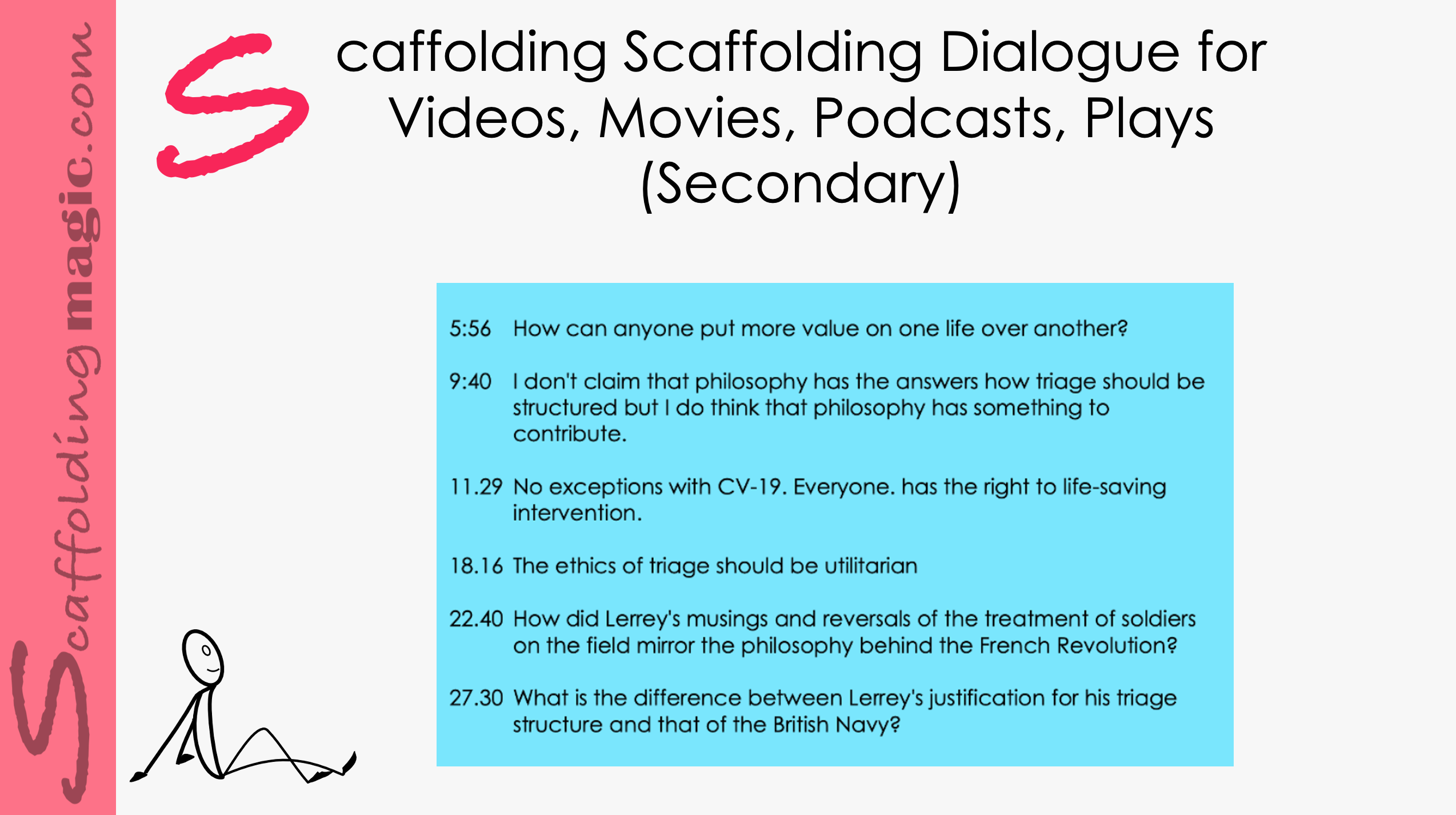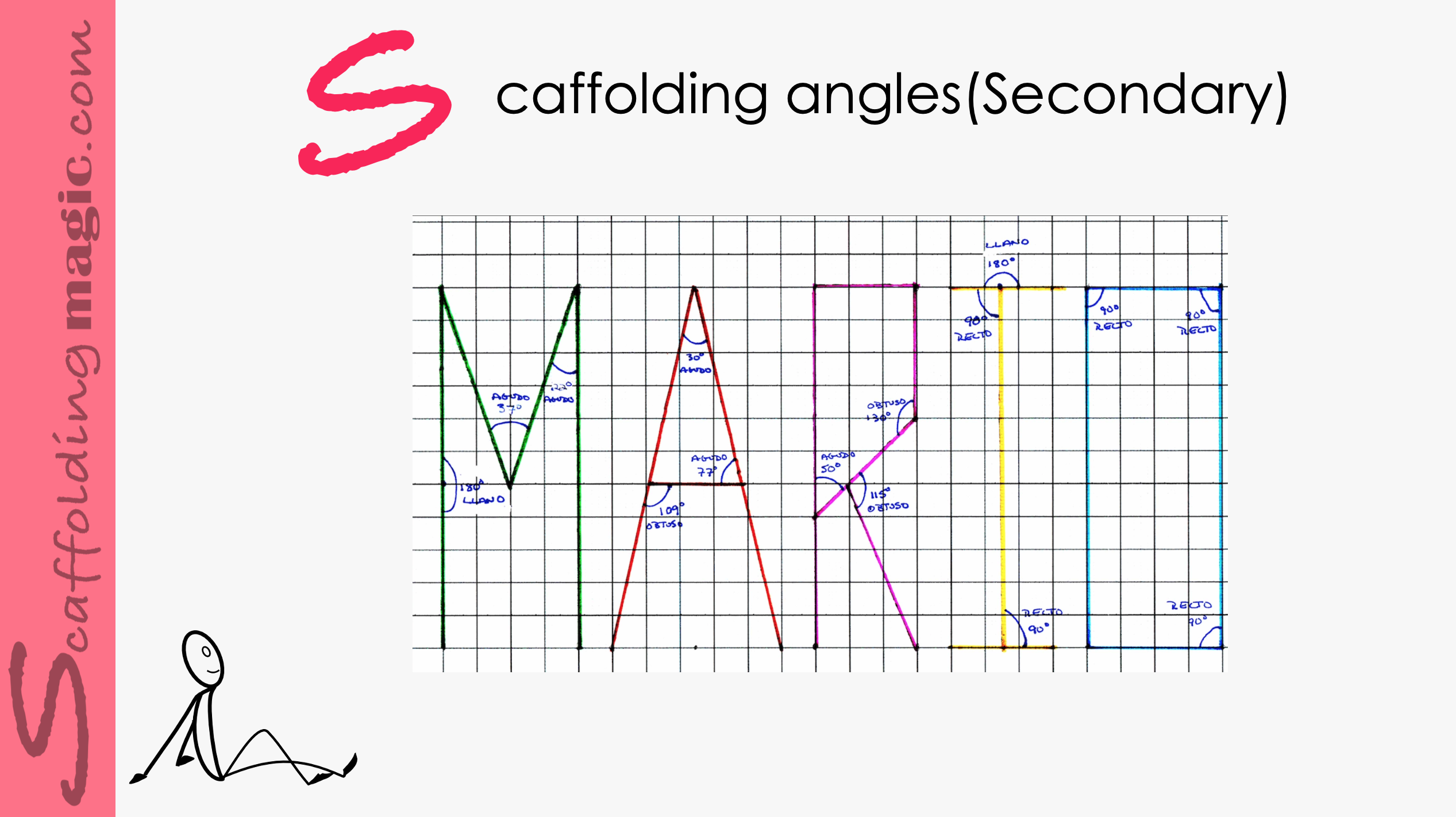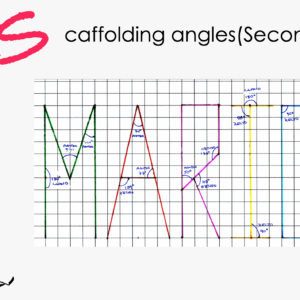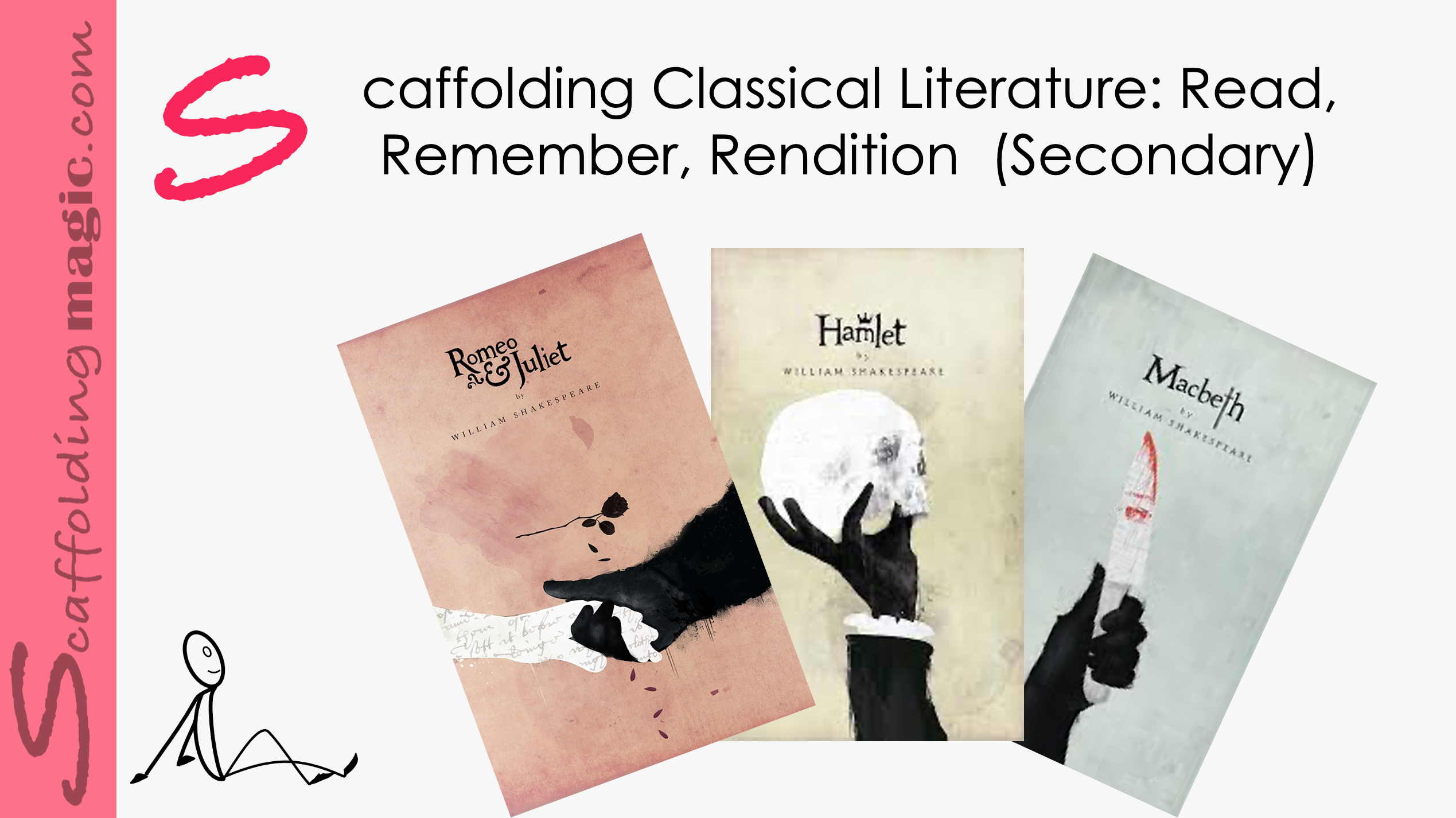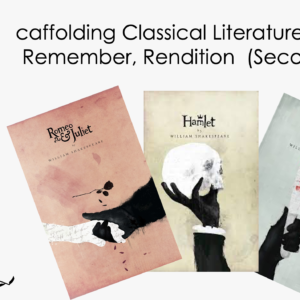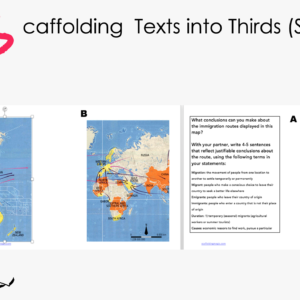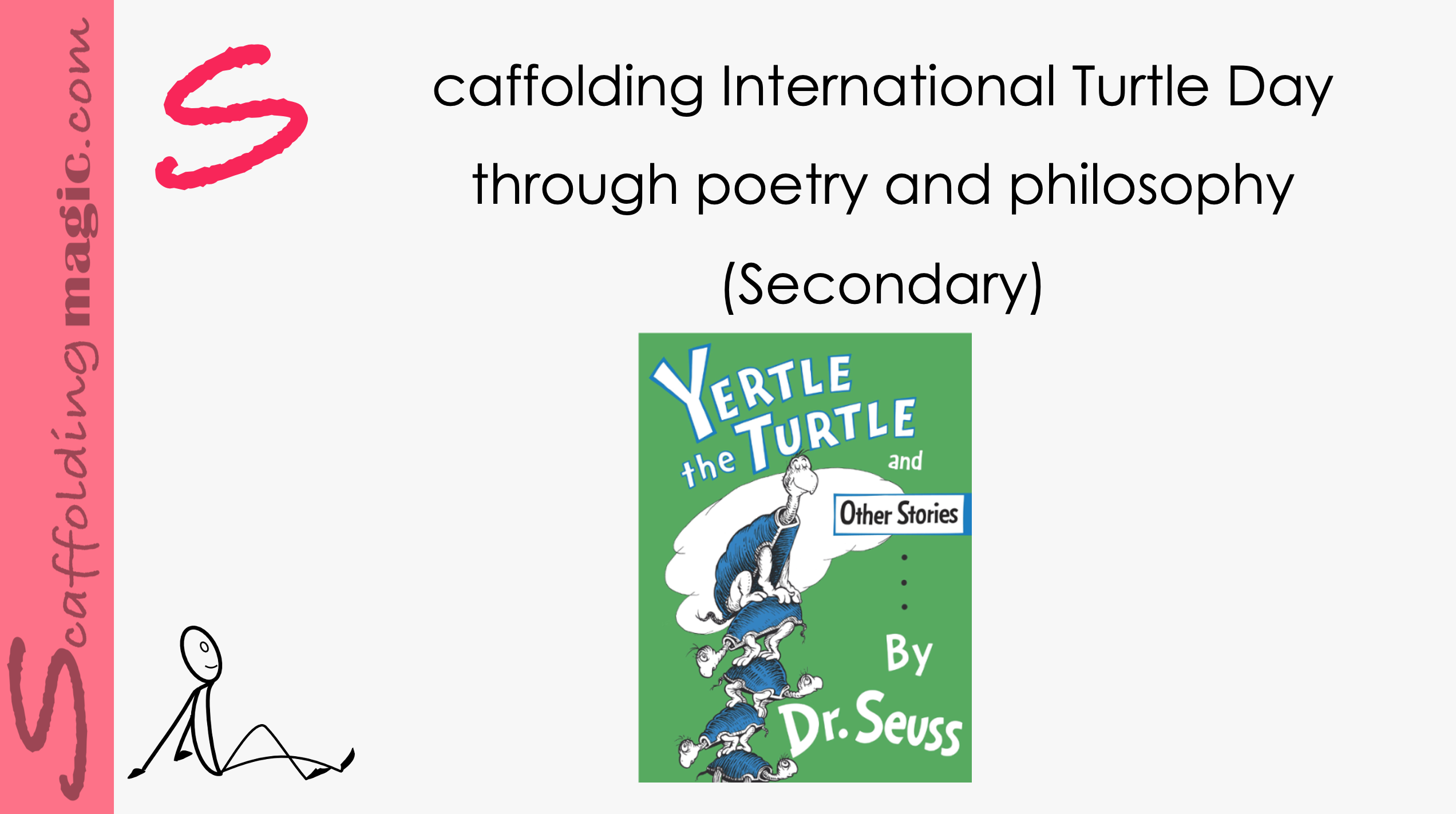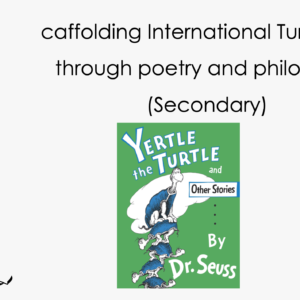The ability to switch perspective is essential to learning in every domain. For those who follow Deepak Chopra and his deeply rooted scientific conclusions regarding the human condition, the more effort we make in seeing a situation through the perspective of someone we are offended by or disagree with, the more we heal on a cellular level – both emotionally and physically. Students are going to read chunks of dialogue taken from various tracks.
Scaffolding Dialogue for Videos, Movies, Podcasts, Plays (Secondary)
$5.00
The ability to switch perspective is essential to learning in every domain. For those who follow Deepak Chopra and his deeply rooted scientific conclusions regarding the human condition, the more effort we make in seeing a situation through the perspective of someone we are offended by or disagree with, the more we heal on a cellular level – both emotionally and physically. Students are going to read chunks of dialogue taken from various tracks.
Related products
- Quick View
-
Secondary ScaffoldsQuick View
Scaffolding Classical Literature: Read, Remember, Rendition
$5.00 Add to cartRated 0 out of 5 - Quick View
- a philosopher…he had a moral message in all of his stories
- political activist…not all of his books were written with a political message
- a philosopher…he had a moral message in all of his stories
- political activist…not all of his books were written with a political message
-
Secondary ScaffoldsQuick View
Scaffolding International Turtle Day through Poetry and Philosophy (Secondary)
$5.00 Add to cartRated 0 out of 5
Scaffolding Angles (Secondary)
If you have students who are more linguistic, more in touch with Humanities, more comfortable with words or music or the arts, it’s possible that they haven’t found a way to embrace numbers or see their relance in their lives. For a maths teacher or students who are passionate about numbers, this seems unfathomable. Numbers are glorious! Numbers determine practically all of our decisions (probability, fractions, percentages, etc.). How can you feel so indifferent to educating yourself about such a fascinating and useful branch of study?
Scaffolding Classical Literature: Read, Remember, Rendition
Through varied techniques, the reading of authentic classic literature is an incredibly enriching experience (although your students may not appreciate or admit this until years later!). Presented creatively, you may find that otherwise uninterested students will happily participate in activities that review/clarify details of the stories and so be able to interact with the literature more confidently.
This activity focuses on the purity of Shakespeare’s language. Let the students roll it around in their mouths and feel the strangeness and how satisfying it is when they can finally pronounce some of the dialogue.
Through varied techniques, the reading of authentic classic literature is an incredibly enriching experience (although your students may not appreciate or admit this until years later!). Presented creatively, you may find that otherwise uninterested students will happily participate in activities that review/clarify details of the stories and so be able to interact with the literature more confidently.
This activity focuses on the purity of Shakespeare’s language. Let the students roll it around in their mouths and feel the strangeness and how satisfying it is when they can finally pronounce some of the dialogue.
Scaffolding Texts in Thirds (Secondary)
This scaffold presents one technique you can use to combat this human tendency of laziness – of relying on memory instead of working actively to further knowledge. We use here a social science lesson on global migration, and you’ll see how you can adapt it to any lesson you’re about to begin.
This scaffold presents one technique you can use to combat this human tendency of laziness – of relying on memory instead of working actively to further knowledge. We use here a social science lesson on global migration, and you’ll see how you can adapt it to any lesson you’re about to begin.
janice added this to see
Scaffolding International Turtle Day through Poetry and Philosophy (Secondary)
A children’s book about turtles is philosophical? Oh yes it is! Theodor Seuss Geisel (Dr. Seuss), was not just a writer of children`s books, but a profound philosopher, a poet, a political advocate (sometimes controversial), and a promoter of critical thinking on all levels.
A children’s book about turtles is philosophical? Oh yes it is! Theodor Seuss Geisel (Dr. Seuss), was not just a writer of children`s books, but a profound philosopher, a poet, a political advocate (sometimes controversial), and a promoter of critical thinking on all levels.

